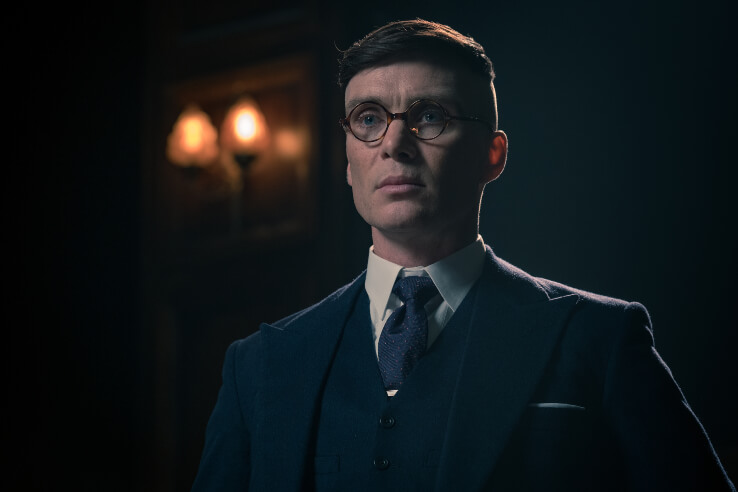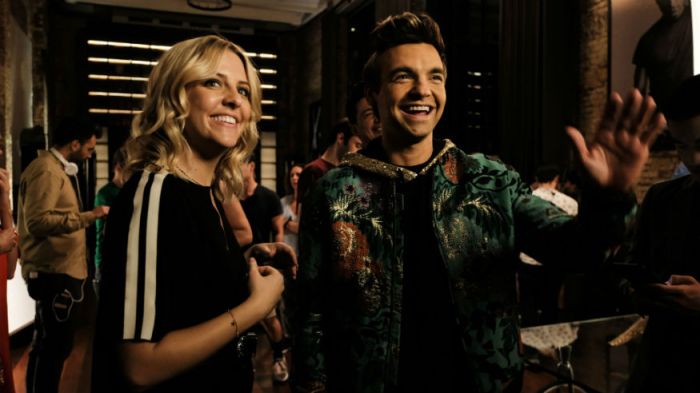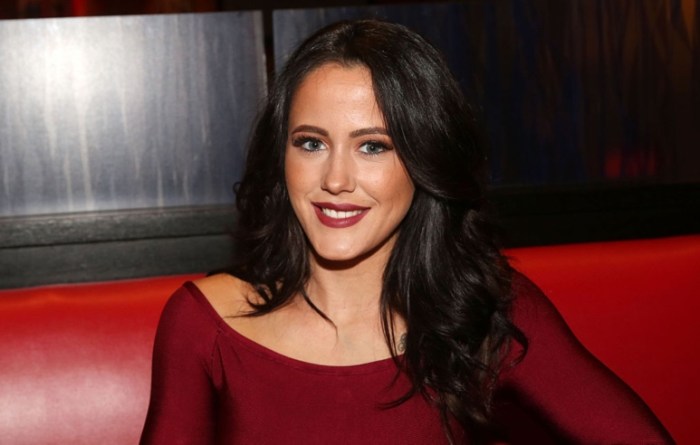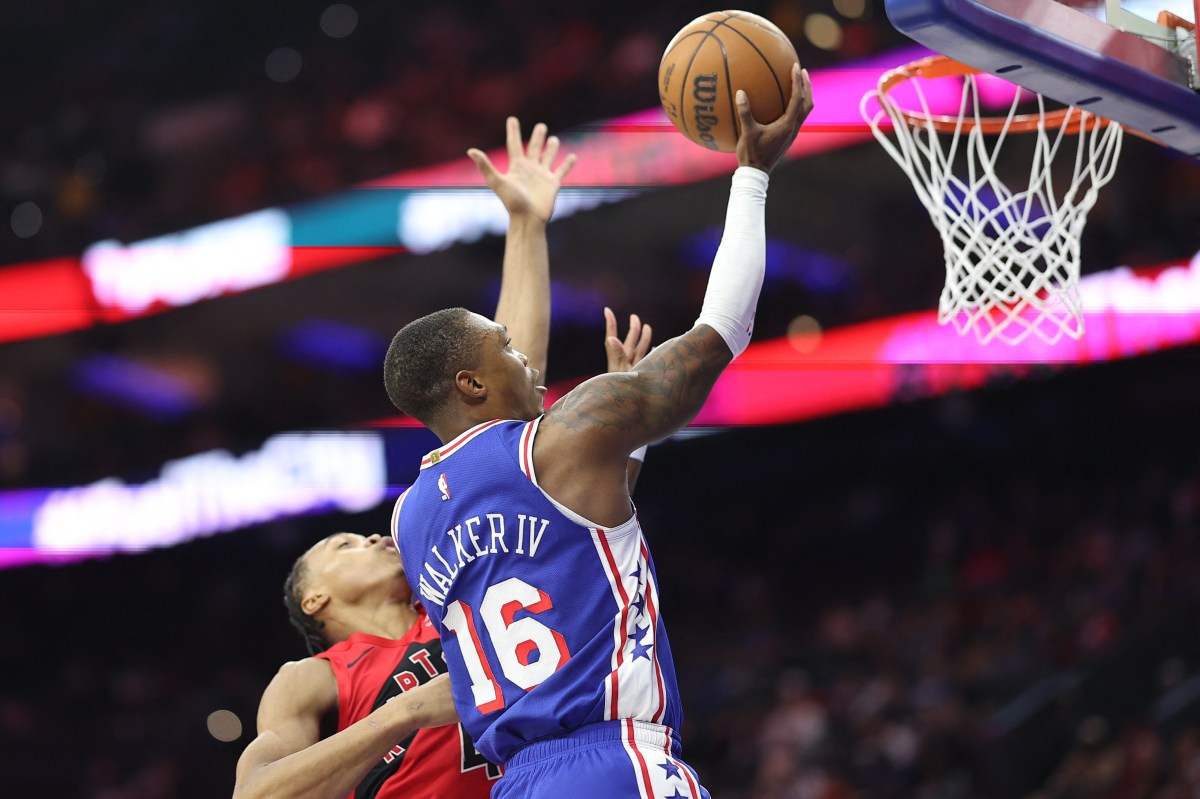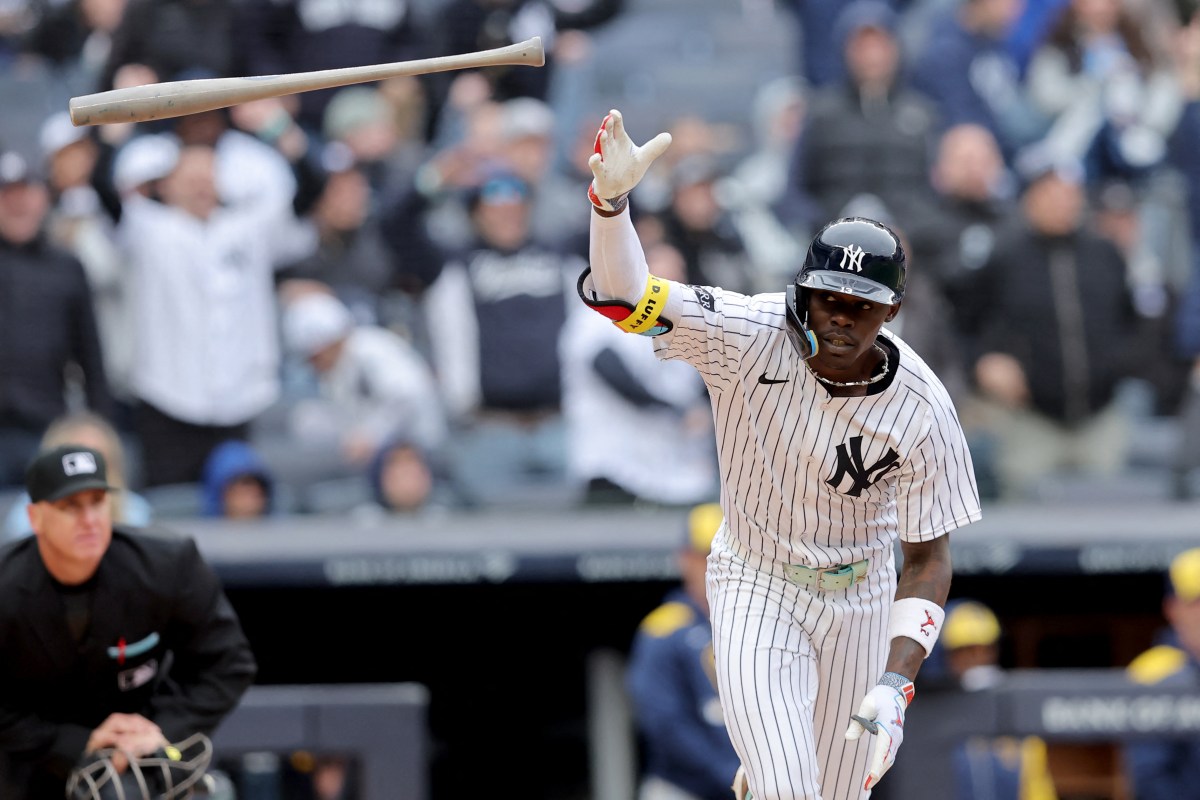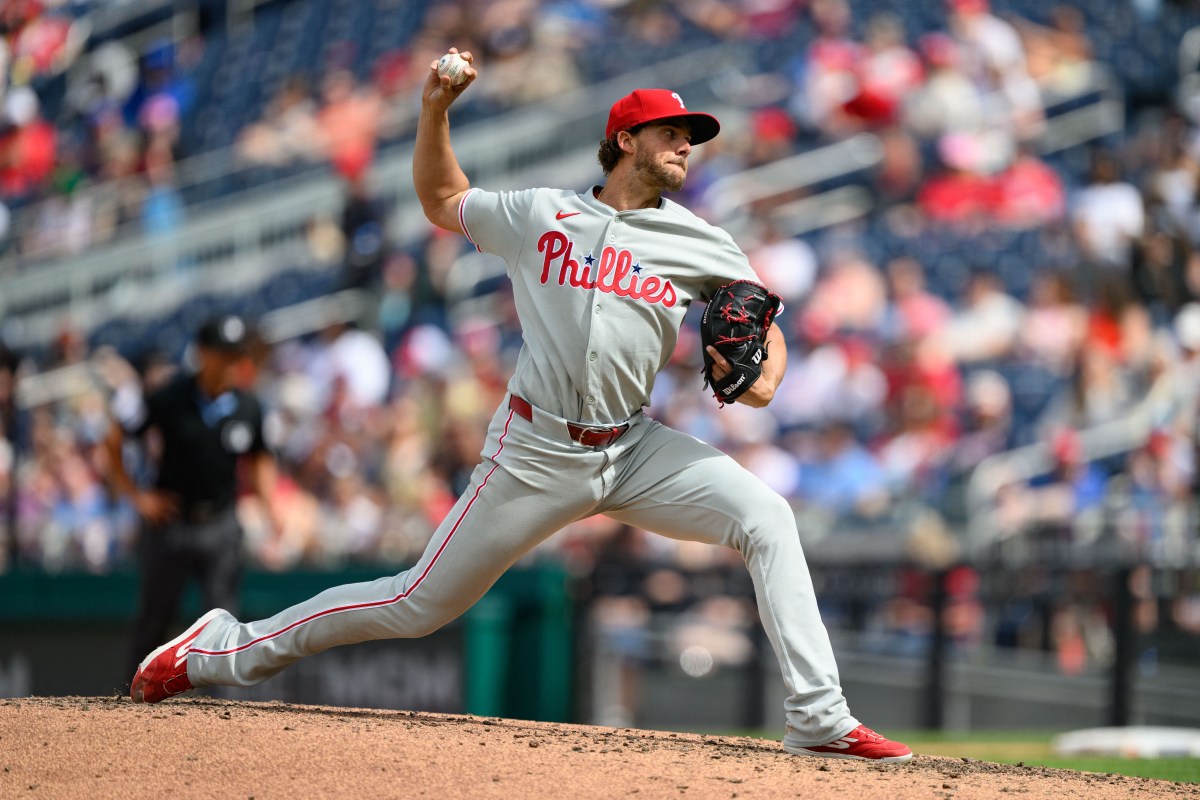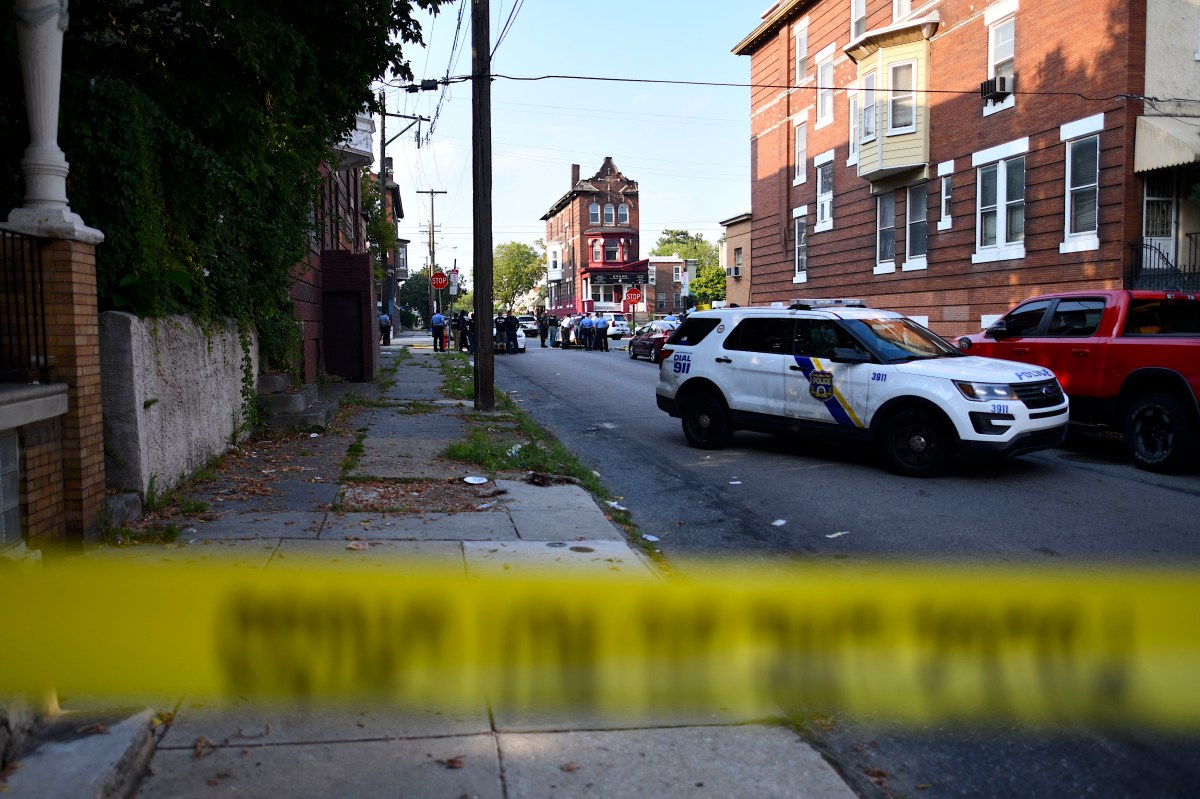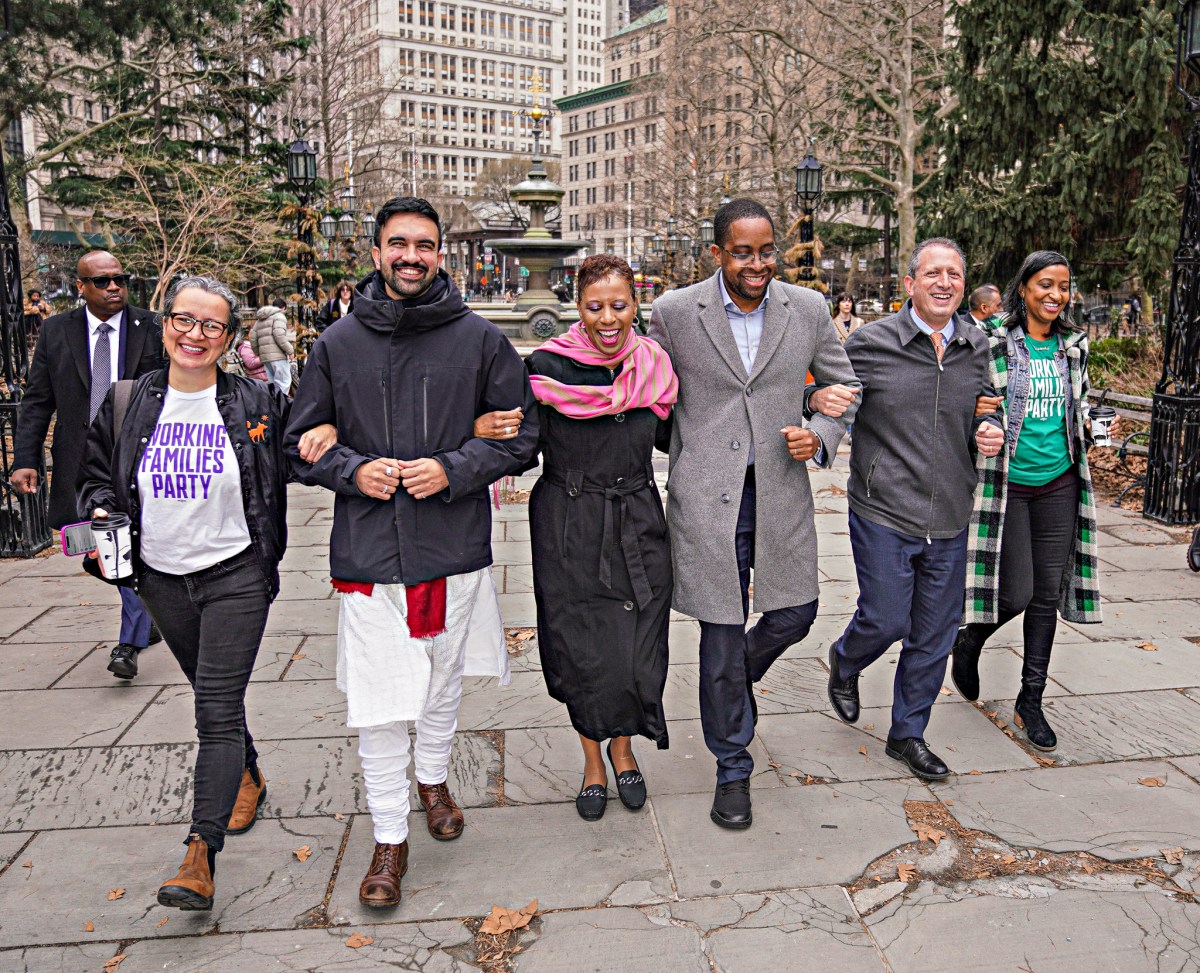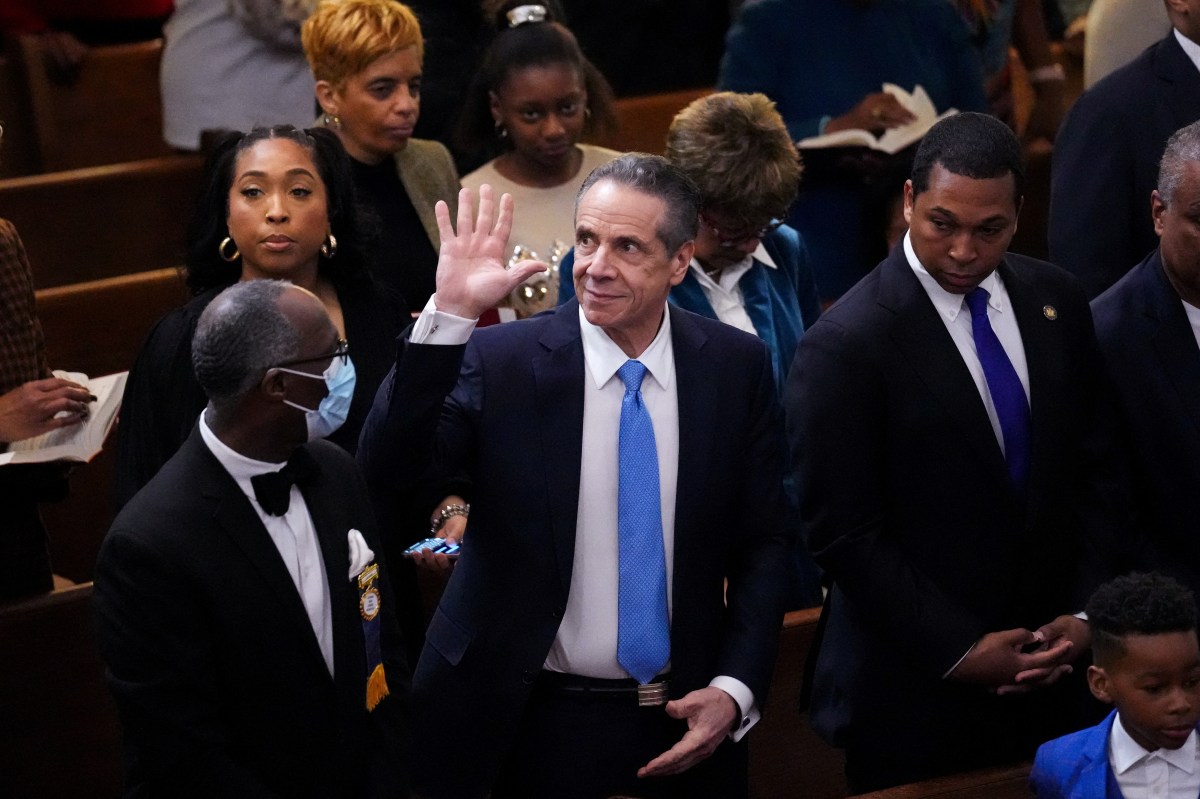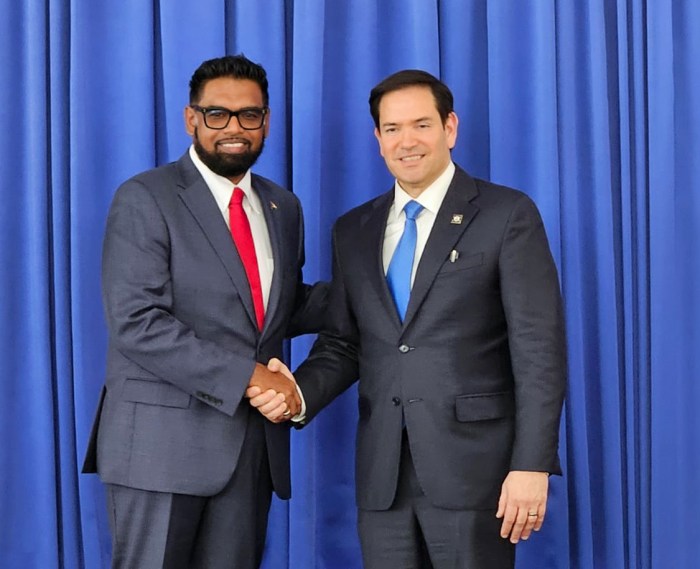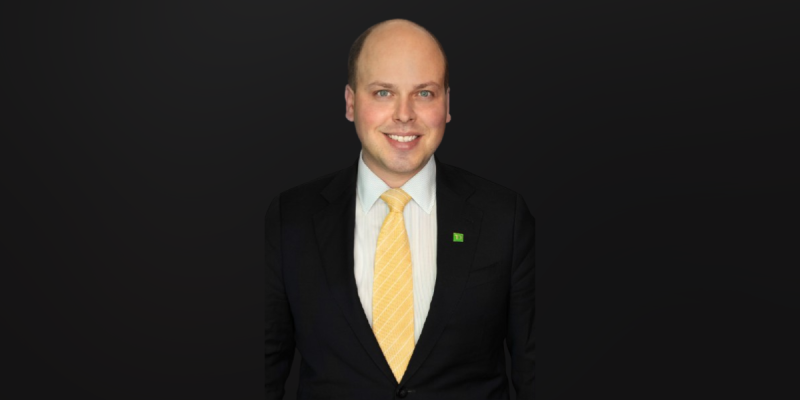“Don’t f–ck with the Peaky Blinders”—- that phrase is incredibly prevalent in the BAFTA-winning crime saga returning this week to Netflix. “Peaky Blinders” is loosely based on a real gang in Birmingham, England who sewed razor-blades into their caps in the early 1900s, and since it’s premiere in 2013, the show has amassed a huge cult following. Some audiences enjoy the harsh violence, some are enthralled by the intense story-lines, but most are entranced by the polarizing gang-leader, Tommy Shelby played by Ireland-native Cillian Murphy.
Murphy sat down Metro to discuss season 5 and dive into why Shelby’s melancholic inner-workings of his mind have become more apparent than ever.
Cillian Murphy talks psychological intensity and devastating historical effects in “Peaky Blinders” season 5
“I think that it’s pretty obvious [Tommy is] experiencing the war over again,” says Murphy. “It has such a profound effect on him. I always say that there is a line that you can draw, and the line is the first World War. There’s a post-World War Tommy and a pre-World War Tommy. The only one we meet on the show is the soldier who’s come back from the first World War.”
Some may think the ardent effect the war has on Tommy Shelby and the men who make up the Peaky Blinders has acted as a backseat motivator for many of their criminal and explosive tendencies, but to Murphy, the war still has a mainstage role in Tommy Shelby’s mind.
“He came back completely transformed and two things happened: He was completely unafraid of death which then made him a very scary person to encounter as an enemy, and he also became Godless and faithless. He poured everything into this kind of ambition because he had seen so much and witnessed horrors that I couldn’t even begin to imagine, so for him every day was kind of like dullness,” says Murphy. “He is an extraordinary character who is effectively suffering from chronic PTSD that has never been identified or treated. He’s also fiercely intelligent. So when you meet him in series 5, he’s been living with this for however many years— 10 I think, but he’s never dealt with it, and I think all of those issues are coming to fruition. He’s also experiencing middle age, and he’s in that time in his life where he’s got everything he could wish for materially and he’s achieved everything he could wish for in terms of power. But yet he’s unfulfilled.”

The hunger the family experiences for power has been a main storyline for the past four seasons (cue the angry Italian mob seeking revenge, or the horde of Russians seeking chaos) and it still is in the fifth season. But the stakes are much higher this time around— and the government is now acting like the mob with politics fueling the chaos. Take that in with the globally-devastating stock market crash and you have a true recipe for intensity.
“I think it’s fair to say the stakes are higher for the Peaky Blinders now more than ever. The fortune they have amassed over the past 10 years has just been stolen away from them and for many others by the [stock market] crash. They have to kind of go back to some of their more traditional means of earning cash—- more underhand and less conventional,” says Murphy. “Then Tommy is sort of facing a lot of pressure from this younger generation of the family, which is embodied by Michael [Finn Cole] who is advocating for change and has all sorts of ideas for expansion with the family and the gang. Tommy is resisting that. Most importantly, I think he’s come face to face with this ideology of fascism which is personified by Oswald Mosely [Sam Claflin] and he has to deal with that.”
As an actor, Murphy enjoys the challenge of the intricate layers that make up Tommy Shelby’s mind, especially when working with creator and writer Steven Knight. With most gangster-driven shows, the characters are always colorful but sometimes lack the ambition to expand. With “Peaky Blinders” the motivation to expand is paramount, and you never quite know what to expect with each episode— hence the high anticipation for season 5.

“I’ve said it before about the series, but to me, it feels like a psychological thriller meets a political thriller, it has elements of both of those in it,” says Murphy. “Steve’s writing is some of the best writing I’ve ever encountered in my career. The amount of work he’s put into this is very rare, especially for one writer to completely take control of a television show, particularly one that’s been running for this long. To write all of it himself is not common, and we are very privileged to have such an extraordinary writer.”
With season five catapulting the Shelby family into acute danger, the Peaky Blinders themselves are more polarizing to watch than ever. To Murphy, even after the Great War that stole vital moments away from Tommy Shelby’s life, the greatest battle is going on now inside of his own character’s head.
“The psychological element is very strong for me, and it’s something I very much responded to in the writing,” says Murphy. “I think in this season that Tommy, in particular, is battling with some things a lot deeper and a lot more dangerous—not as conventional as say, something like the mafia was last year. This year he’s battling with himself, he’s battling with his own family, and he’s battling with an ideology. That’s not something you can take care of with machine guns.”
“Peaky Blinders” season 5 drops on Netflix Oct. 4

